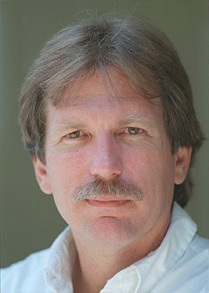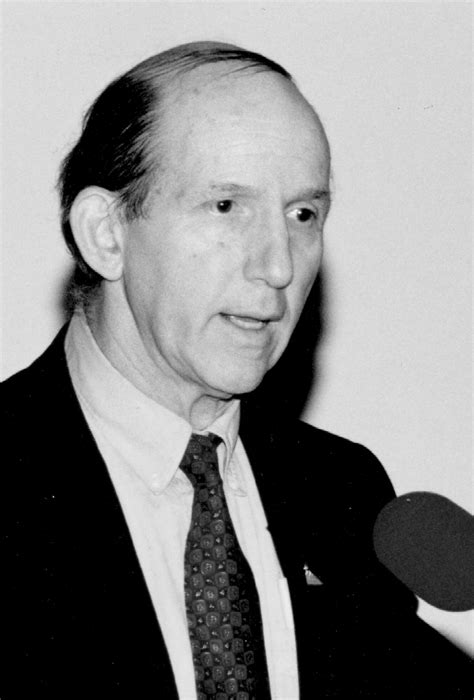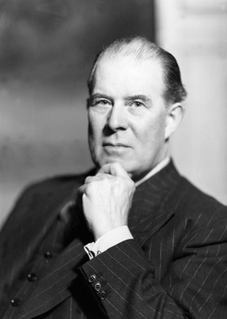A Quote by Gary Webb
We commonly see problems in adults that had been present since childhood but which take a toll on the heart over time.
Related Quotes
Your body is free but your heart is in prison. To release your heart, you simply reverse the process which locked it up. First you begin to listen for messages from your heart-messages you may have been ignoring since childhood. Next you must take the daring, risky step of expressing your heart in the outside world. . . . As you learn to live by heart, every choice you make will become another way of telling your story. . . . It is the way you were meant to exist. If you stop to listen, you'll realize that your heart has been telling you so all along.
He who travels much has this advantage over others – that the things he remembers soon become remote, so that in a short time they acquire the vague and poetical quality which is only given to other things by time. He who has not traveled at all has this disadvantage – that all his memories are of things present somewhere, since the places with which all his memories are concerned are present.
We need to take a less narrow look at our children’s problems and, instead, see them as windows of opportunity—a way of exploring and understanding all facets of our children’s development. If we can understand the underlying developmental process, we can see a child’s struggles as signs of striving toward growth instead of chronic problems or attempts to aggravate adults.
I've been singing properly every day since I was about fifteen or sixteen, and I have never had any problems with my voice, ever. I've had a sore throat here and there, had a cold and sung through it, but that day it just went while I was onstage in Paris during a radio show. It was literally like someone had pulled a curtain over it.
I was born with a heart murmur. When I was 21, the stress of the career and traveling - the lack of sleep and just not eating right - had taken its toll. Our schedules had been pretty crazy for about three years, and there was no rest at all. So in order to continue on and, you know, have a life, I had to fix it.
There are some places which, seen for the first time, yet seem to strike a chord of recollection. "I have been here before," we think to ourselves, "and this is one of my true homes." It is no mystery for those philosophers who hold that all which we shall see, with all which we have seen and are seeing, exists already in an eternal now; that all those places are home to us which in the pattern of our life are twisting, in past, present and future, tendrils of remembrance round our heart-strings.
How often are you worrying about the present moment? The present moment is usually all right. If you're worrying, you're either agonizing over the past which you should have forgotten long ago, or else you're apprehensive over the future which hasn't even come yet. We tend to skip over the present moment which is the only moment God gives any of us to live.

































